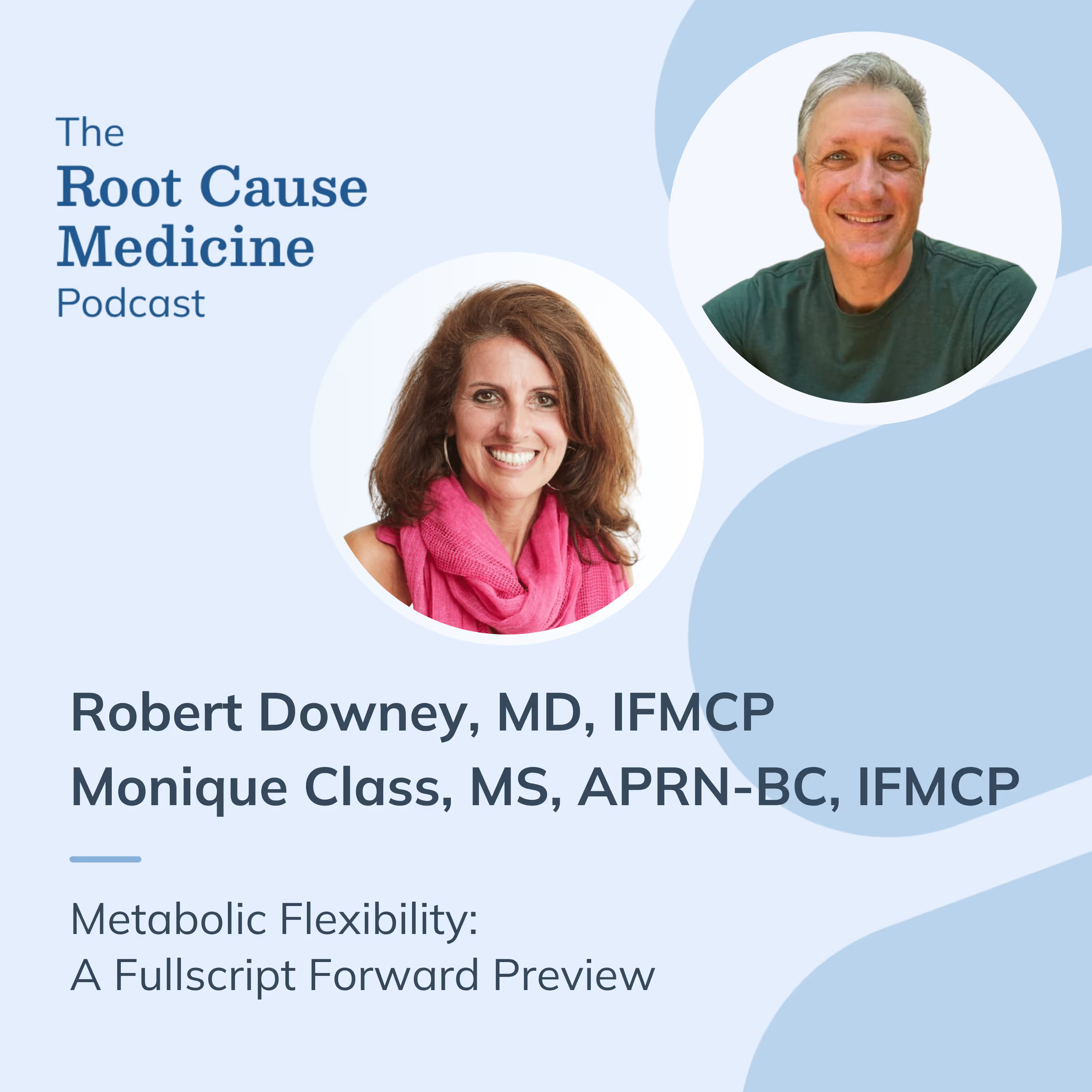If you are looking into cutting down on calories or trying out fasting, you might be aiming for more than just losing weight. Perhaps you are on a bigger mission to support your health and help your brain function well. There is a particular protein in our brain called BDNF, which may help us think, remember things better, and maintain brain health.
By eating less or fasting at certain times, you are not just changing what you eat; you are taking steps that might support your brain's performance and help you feel great. Let's explore a systematic review study that discusses how these eating habits can affect our brains and potentially help us think and remember things more effectively.
The Science of Fasting and the Brain
BDNF, a pivotal protein in the brain, plays a crucial role in neuronal health, aiding in the survival of existing neurons while encouraging the growth and differentiation of new neurons and synapses.

The significance of BDNF in maintaining cognitive functions is noteworthy. It may enhance memory and learning and could play a protective role against neurodegenerative conditions. Interestingly, this protein also helps regulate metabolism, influencing eating patterns and energy balance.
The Study's Insights
This systematic review examined studies on various forms of intermittent fasting, including caloric restriction, alternate-day fasting, time-restricted eating, and the Ramadan model of intermittent fasting.
The findings reveal a complex picture. While some participants experienced an increase in BDNF following intermittent fasting regimens, suggesting enhanced cognitive functions, others saw a decrease or no change in BDNF levels.
These mixed results suggest the personalized nature of intermittent fasting's impact on brain health, which may be influenced by factors like the type of fasting, individual health conditions, and even the duration of fasting.
In a society facing rising rates of cognitive decline and neurological disorders, intermittent fasting's potential to naturally support BDNF levels and cognitive functions is an exciting prospect. It highlights the importance of dietary and lifestyle choices in supporting not just physical health but also mental acuity and emotional well-being.
Harnessing the Benefits
Choose Your Intermittent Fasting Regimen Wisely: Whether it's alternate-day fasting, time-restricted eating, or another method, select an intermittent fasting regimen that aligns with your lifestyle and health goals.
Focus on Diet Quality: While fasting, ensure your eating periods are filled with nutrient-dense foods that support brain health, such as omega-3 fatty acids, antioxidants, and vitamins.
Listen to Your Body: Individual responses to intermittent fasting can vary. Pay attention to how your body and mind respond to different fasting schedules and adjust accordingly.
Patience is Key: Intermittent fasting can have varied effects on BDNF levels and cognitive function. Observing noticeable improvements in mental clarity or cognitive performance may take time.
Consult with Professionals: Before starting any intermittent fasting regimen, especially for cognitive benefits, consult with healthcare providers to ensure it's a safe and suitable approach for your specific health conditions.
A Call for Further Exploration
This review opens up new avenues for exploring how fasting, an ancient practice, can be harnessed in modern strategies targeting cognitive health and neurodegenerative conditions. It calls for larger, more detailed studies to map out the long-term impacts of intermittent fasting on BDNF levels and cognitive functions, paving the way for dietary interventions that can support brain health alongside physical wellness.
In the meantime, for those intrigued by intermittent fasting's potential to support brain health, this research offers a compelling reason to consider integrating fasting into their lifestyle choices. As we stand on the brink of discoveries, the age-old adage "you are what you eat" has never rung more true, especially when it comes to nurturing the mind.
[signup]
Key Takeaways
- Various forms of intermittent fasting, like caloric restriction and time-restricted eating, may potentially support levels of BDNF—a protein vital for brain health, enhancing memory and learning, and offering protection against neurodegenerative conditions.
- The impact of intermittent fasting on BDNF levels and cognitive function varies among individuals, emphasizing the importance of choosing a fasting regimen that aligns with personal health goals and lifestyle and consulting healthcare professionals for tailored advice.
- During non-fasting periods, prioritizing a diet rich in nutrients that support brain health, such as omega-3 fatty acids and antioxidants, can maximize the cognitive benefits of intermittent fasting, pointing towards the intricate link between dietary habits and mental well-being.












%201.svg)







